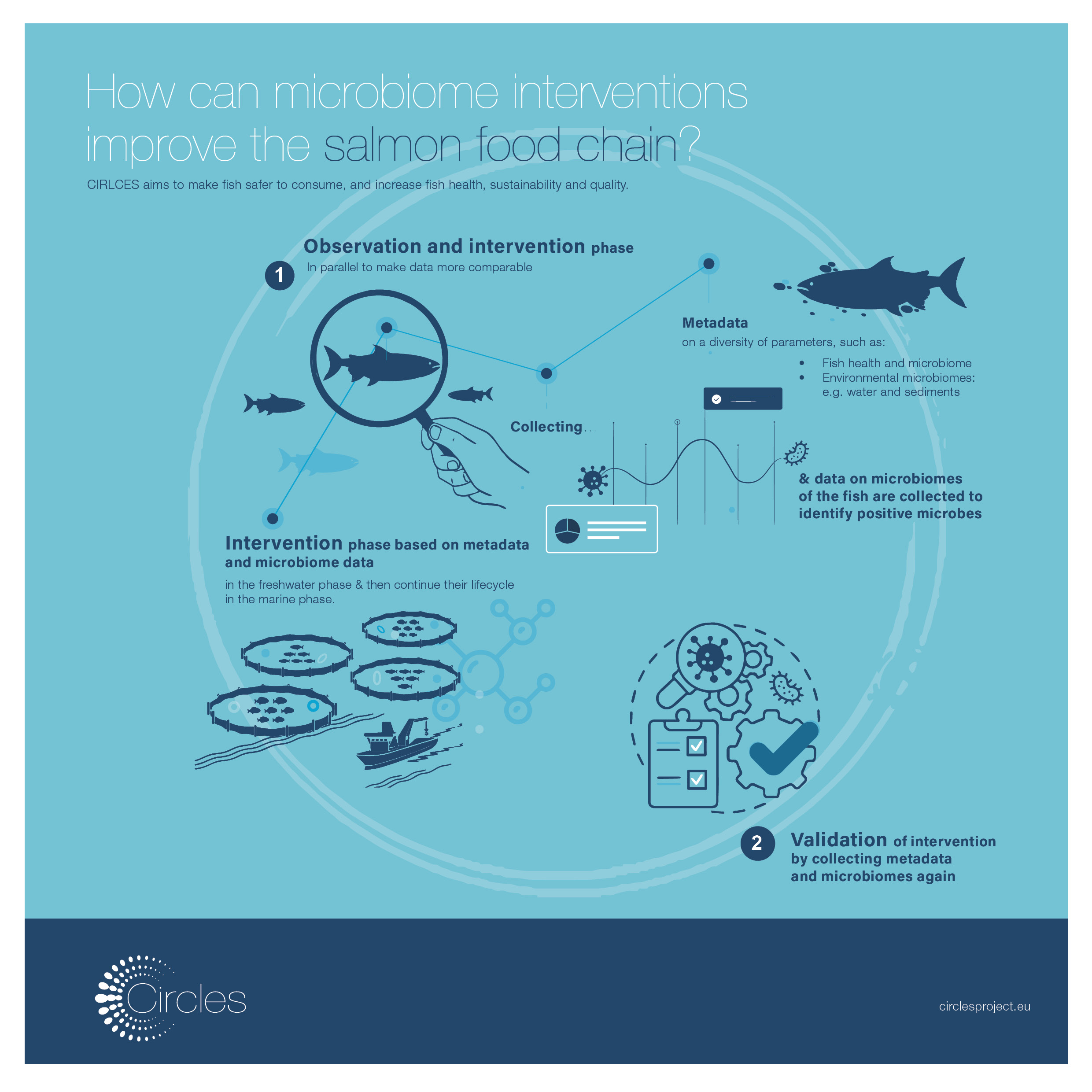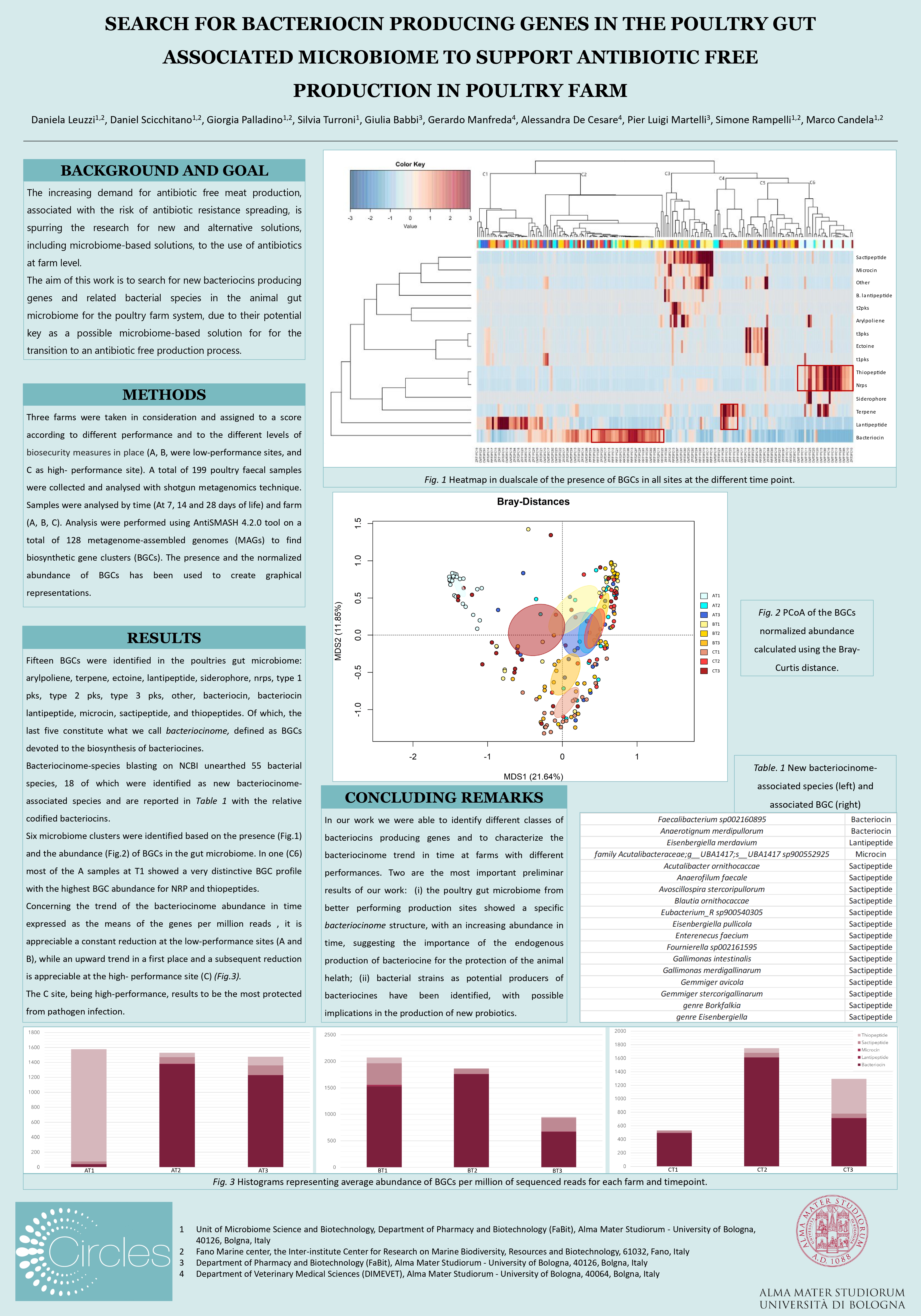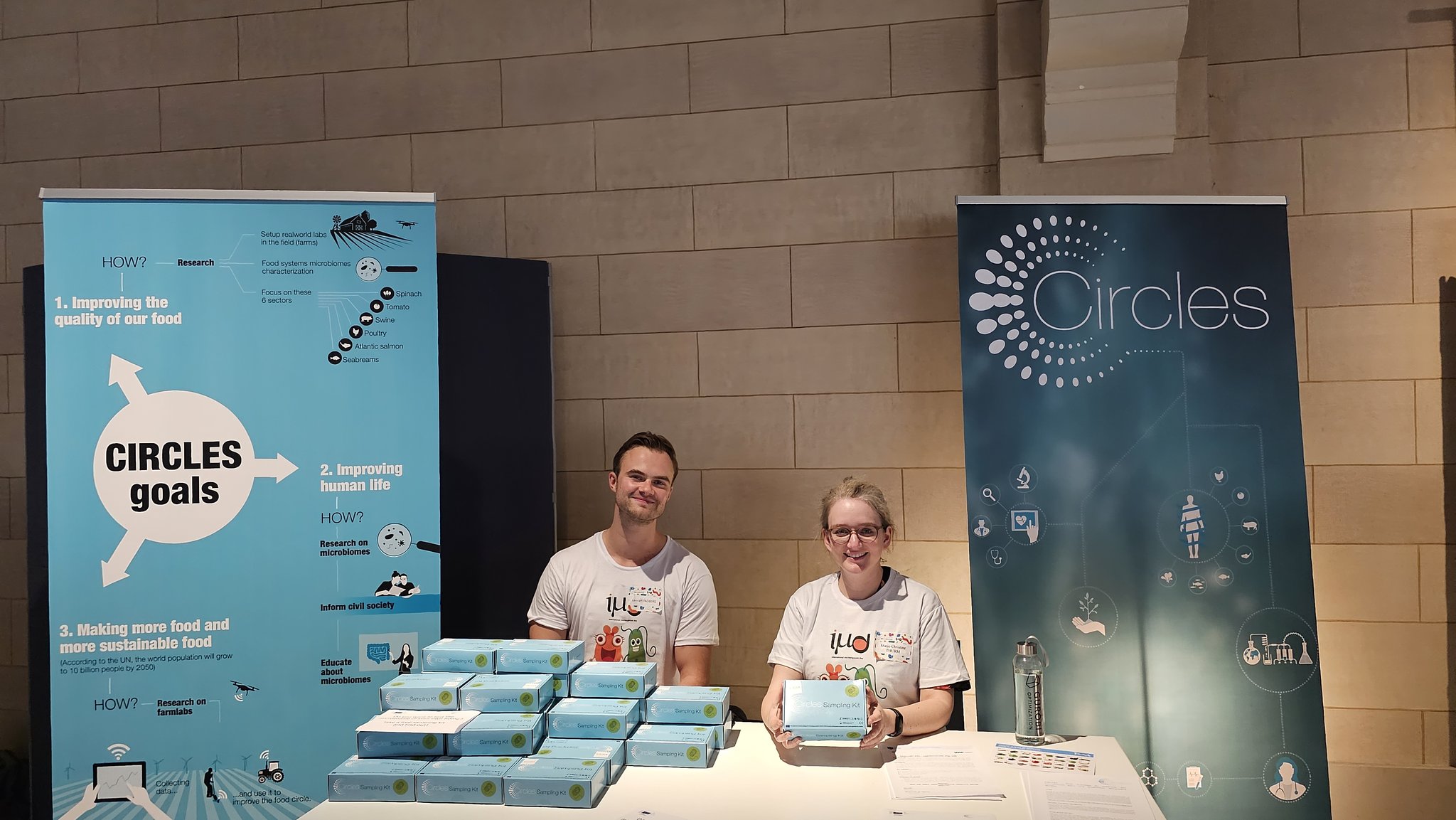The current food system does not (and will in future even less) guarantee food security. Innovative solutions using the microbiome in different parts of the food system may contribute to a solution to societal challenges. However, to do so in an efficient, future-oriented way there is need for aligned international research commitments through public-private partnerships on microbiome research.
For successful innovations to come to market, not only does new knowledge need to be created, but iterative processes need to take place to test and validate hypothesis to ensure efficacious solutions that deliver on health, productivity or other claims. Further, innovation adopters and end-receivers of products grown or created using microbiome innovations need to be involved in the development of solutions, to ensure trust and buy-in for later uptake.
Microbiome solutions will unfold gradually over the next decade, yet to tackle the current climate challenge, the malnutrition challenge and the distribution of resources within the food system only aligned action will ensure that microbiome R&I will have the breakthrough that its potential promises.
Find the full report on ‘The Microbiome: A Life Science Opportunity for Our Society and Our Planet’ here (Malyska, Nektarios Markakis, Pereira and Cornelissen, 2019, Cell Press Reviews).
Image credit: mcmurryjulie via PixaBay





